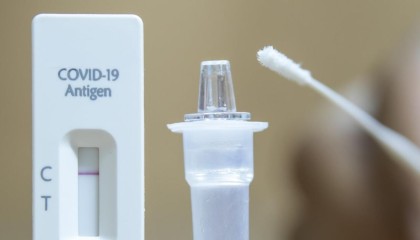
The Ministry of Health has updated its advice around possible reinfection with COVID-19 within 90 days of a previous infection, in light of evidence that reinfections can occur earlier than 90 days.
The new advice states that if a person develops new COVID-19 symptoms, and it has been 29 days or more since their previous infection, it is possible that it is a reinfection with COVID-19, and they should take a rapid antigen test (RAT).
What this means for businesses and workers
The change of advice will affect people with symptoms, where they may have contracted COVID-19 again. People with symptoms should already be staying at home and recovering.
It means more COVID-19 reinfections will be identified, and these infected workers will need to self-isolate for seven days. This will reduce the chance of COVID-19 being spread in the workplace, and other workers catching COVID-19 and being off at the same time.
The rules for household contacts have not changed. They can go to work if they have had COVID-19 in the past 90 days, or they have completed isolation as a household in the last 10 days. They do not need to stay home unless they become symptomatic themselves.
Employees can use their sick leave entitlements, which increased from 5 to 10 days per year last year. If paid sick leave is not available, employers are encouraged to offer their staff paid special leave.
The COVID-19 Leave Support Scheme continues to be available to employers, including self-employed people, to help pay their employees who are self-isolating because of COVID-19 and unable to work. Employers can reapply for Leave Support if an employee (or themselves if they’re self-employed) gets COVID-19 again and has to self-isolate.
More information is available here.









